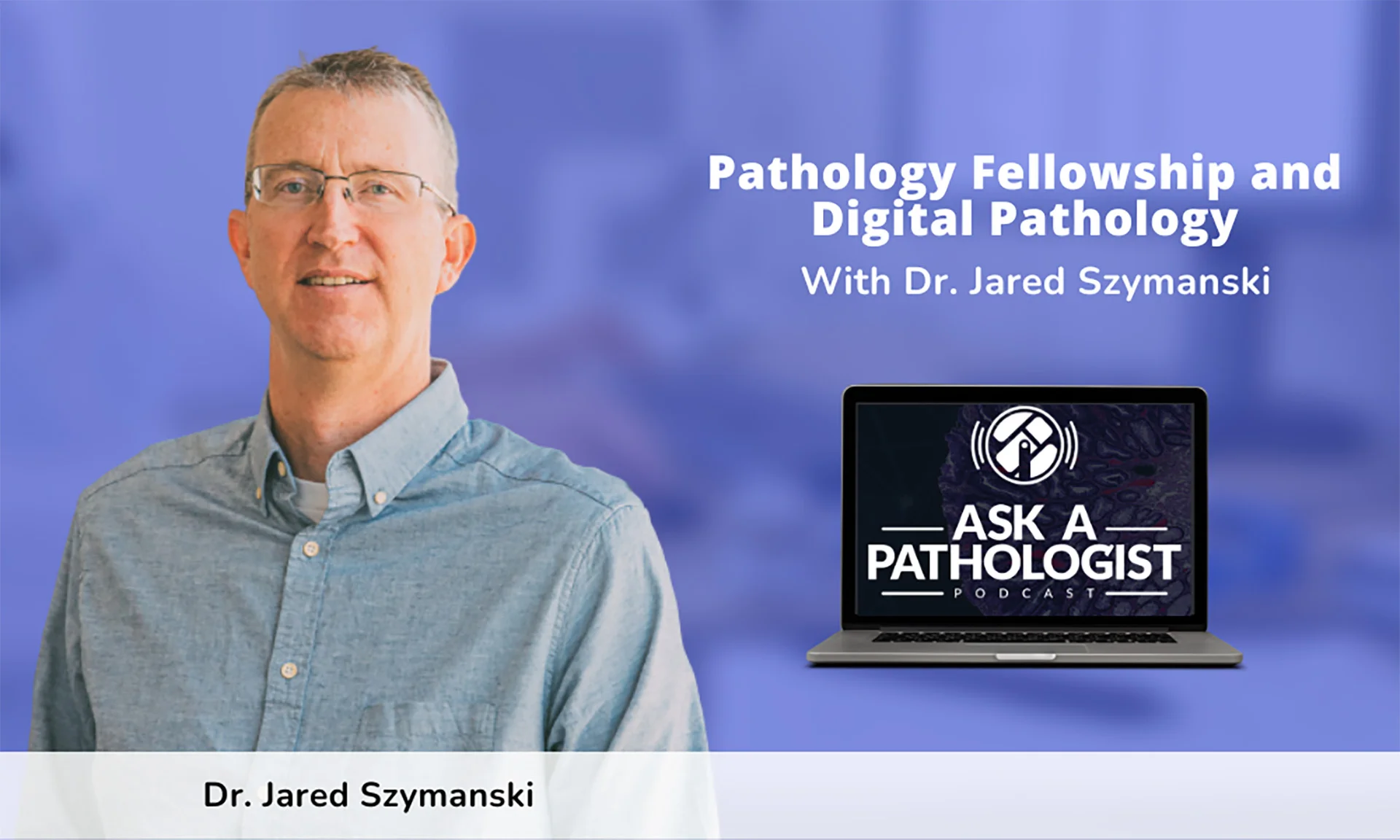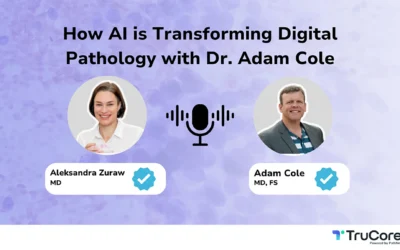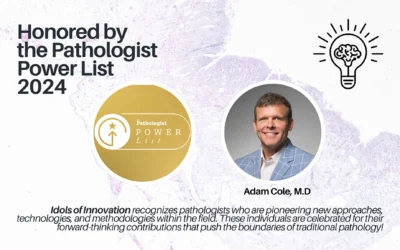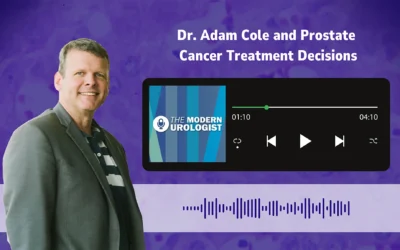Dr. Jared Szymanski shared advice on pathology fellowships, the innovation of digital pathology, and highlighted where he predicts pathology will develop in the future in Episode 6 of the Ask a Pathologist Podcast released February 28th.
Dr. Szymanski shared his thoughts on pathology fellowships and ways to gain experience in the industry. He highlights that getting your foot in the door goes beyond what you’re learning in training, stating, “While it is important to have a subspecialty, it’s not the only thing. Being somebody that the group feels like they can work with is probably more important than your fellowship training, but it gets your foot in the door and gets you an interview.”
Regarding the innovation of technology, many opportunities have come about for pathologists to sign out cases rapidly and from any location. Dr. Szymanski shared an amazing personal story of something he experienced on vacation after the transition from traditional to digital.
“One time I was at a national park in Southern Utah where I had some cell reception, and somebody asked me for a second opinion on this case… I think I was signing out the case, but it wasn’t a diagnosis I’d made before. It was a weird case. Here I am at Dead Horse Point in the middle of nowhere in Utah. I just call my buddy in Connecticut who’s a GI Pathologist, have him look at the case, and minutes later, I have this diagnosis from an expert.”
Dr. Szymanski touches on his personal transition from traditional to digital pathology emphasizing the convenience and ease he felt while adjusting to new algorithms. He predicts that the next generations won’t struggle with adapting to the newer technology stating, “Young people these days that have grown up in this digital world, it’s just second nature to manipulate images on their devices and I don’t think most medical graduates would have much trouble adapting to a digital world.”
Finally, when asked about job security with the introduction of AI algorithms into digital pathology, Dr. Szymanski ends on a powerful note, prompting future and current pathologists to ask themselves the question, “What can I bring as a human to this profession that can’t be automated away?”




